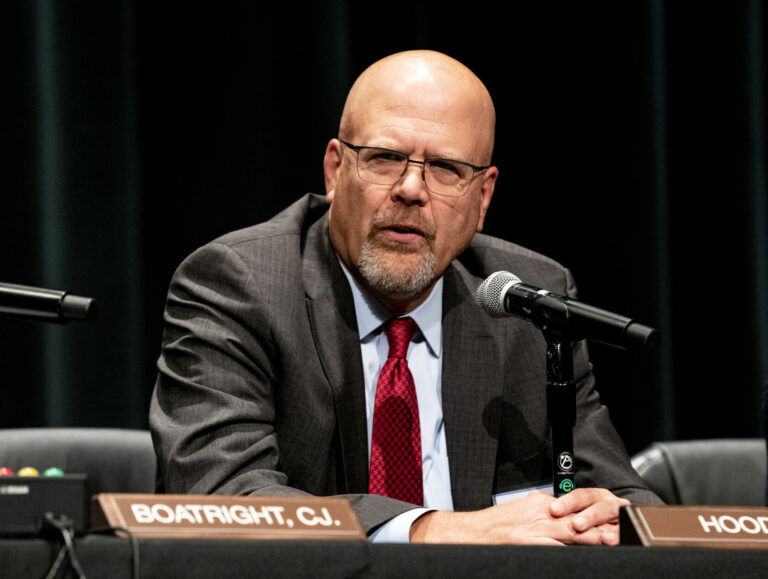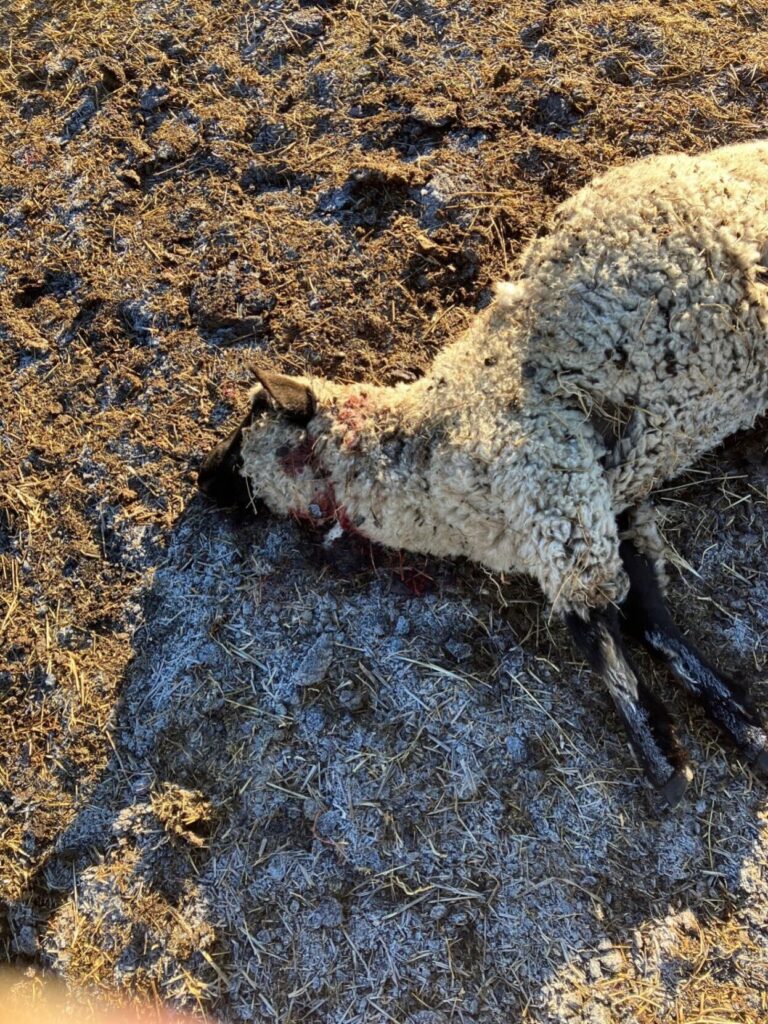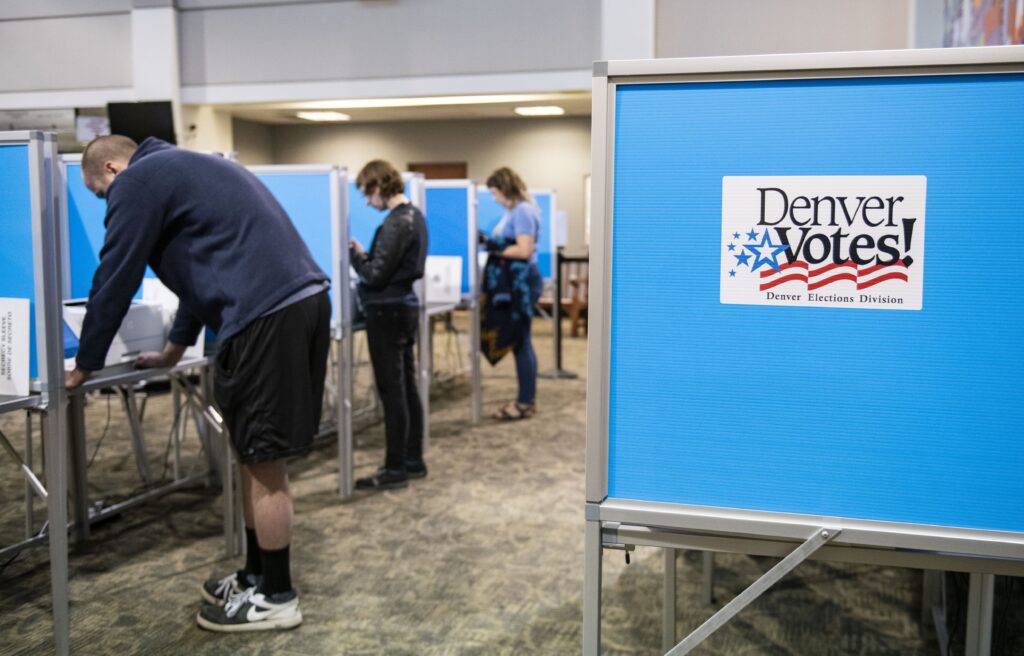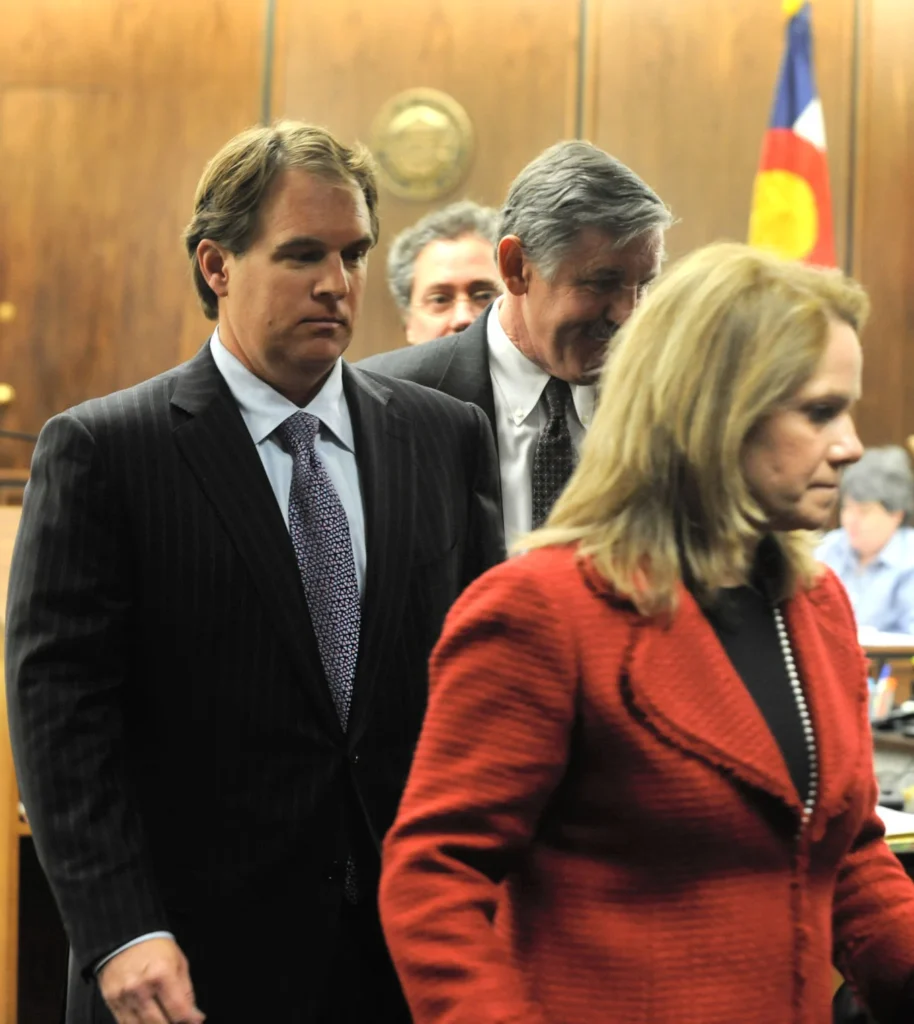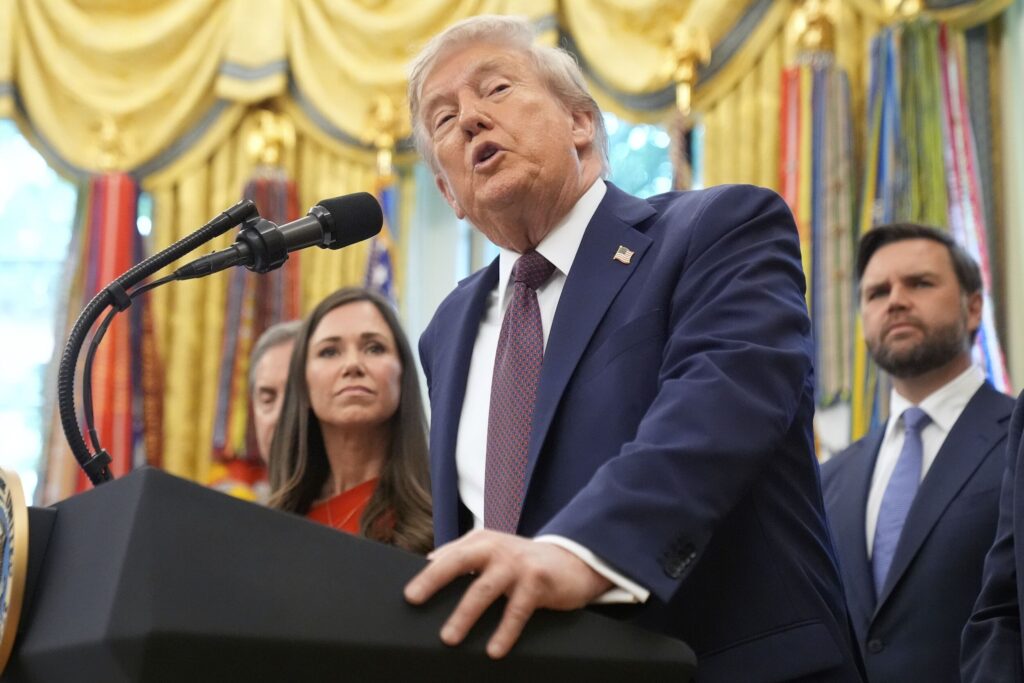? Electric vehicle use urged for Colorado’s VW settlement funds
Colorado public interest, environmental and public health organizations have called upon the Colorado Department of Public Health and Environment to use funds from the Volkswagen emissions cheating scandal to support a transition to a zero-emission transportation future.
At issue is $61.3 million Colorado will receive between 2017 and 2027 from a settlement between the U.S. Department of Justice and Volkswagen related to the company’s violation of emission control laws in more than half a million vehicles.
The health department website said the agency is working with the Colorado Department of Transportation, Colorado Energy Office and other agencies to set up a public process to administer the settlement. No decisions have been made about how to spend Colorado’s share of the settlement or who could be eligible to receive the money.
If the settlement and trust fund are formally approved by federal courts, details about the application process will be determined in early 2017. The health department expects to begin accepting applications in mid-2017.
In a news release, the groups – Conservation Colorado, Colorado Public Interest Research Group, Natural Resources Defense Council, Southwest Energy Efficiency Project and Western Resource Advocates – said VW’s actions resulted in major damage to air quality and public health, and they want the funds used to electrify the transportation sector. Citing recent studies that show Colorado at the forefront of clean electricity production, and adding electrification provides far greater opportunities for air quality improvement than investments in new fossil fuel vehicles, the groups recommended:
1) Investing the highest amount allowable – 15 percent or $9.1 million – of the funds into electric vehicle charging infrastructure (enough to build 60 new electric charging stations and electrify 3,000 miles of major highways in Colorado);
2) Spending the remaining 85 percent to electrify heavy-duty vehicles like trucks and buses, instead of buying more polluting diesel or compressed natural gas vehicles (this could result in up to 125 new electric buses); and
3) Working with neighboring states to electrify major interstate highways.
The groups said these steps would have major impacts on public health, air pollution, and climate change and submitted public comments to state health officials regarding the use of Colorado’s settlement share:
“… We should do everything we can to leverage these funds to transition to electric buses that would clean up air and noise pollution, particularly in disadvantaged communities that suffer greater impacts from old, dirty buses,” said Frank Swain, an energy advocate at Conservation Colorado.
“Volkswagen’s emissions cheating vehicles emitted pollutants by as much as 40 times the legal limit. We can’t claw back the unnecessary and damaging pollution that spewed into Colorado’s air because of Volkswagen’s polluting vehicles, so we need to ensure the penalties they pay, in addition to reducing air pollution, drive a transformation to a much cleaner transportation system,” added CoPIRG Director Danny Katz.
Noting that VW cheated on tailpipe emissions tests, Max Baumhefner, an attorney at the Natural Resources Defense Council, said “Colorado should use VW money to ditch the tailpipe completely. Electricity is the cleanest transportation fuel available and, unlike oil, electricity is actually getting cleaner and cleaner over time.”
“… Using the VW settlement money to support the transition to electric vehicles is a smart investment that will create jobs, protect public health, and help avoid damaging climate impacts,” added Erin Overturf, senior staff attorney at Western Resource Advocates.






